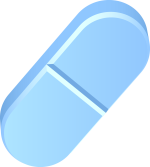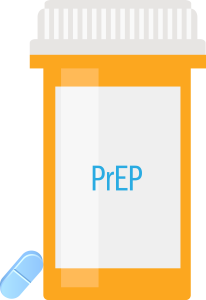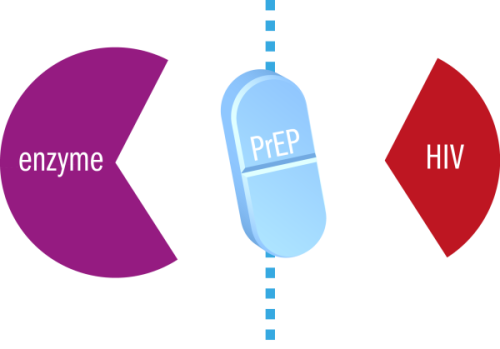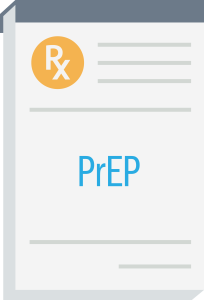No. We recognize that people go in and out of “seasons of risk,” where there are certain times it makes sense to take PrEP and then other times where it doesn’t make sense to take PrEP.
For example, if you start taking PrEP because you are sexually active with multiple partners who are HIV-positive and HIV-negative, and later you find yourself in a relationship where you and an HIV-negative partner are committed to having sex with only each other, then continuing to take PrEP might not make a whole lot of sense for you.
Or maybe you start PrEP when you are in a relationship, then that relationship ends and you have no sexual partner for the next six months; then it might not make sense to take PrEP.
Or more simply, maybe you decide to use other options to reduce your risk for getting infected with HIV, and PrEP doesn’t make the most sense at the moment.
With proper guidance, people can safely start and stop taking PrEP. Think of PrEP as an HIV prevention option where HIV-negative individuals take a pill to prevent HIV infection for the “season” when they are most at risk for being exposed to HIV.




